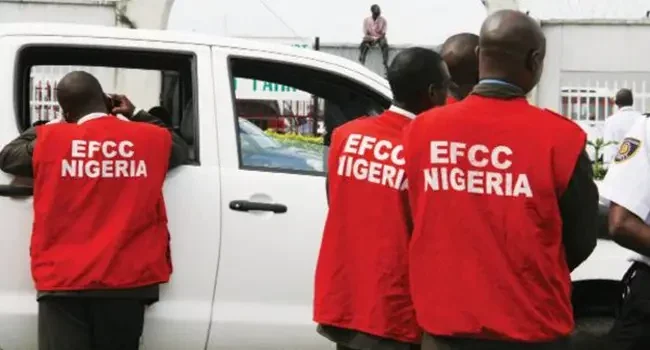
In a recent report, Ikechukwu Amaechi, a prominent commentator on security issues, has expressed strong concerns over the recent death of an officer from the Economic and Financial Crimes Commission (EFCC), calling for full transparency and a thorough investigation.
Amaechi, known for his outspoken views on security matters, emphasized the need for clarity on the circumstances surrounding the officer's death, suggesting that the EFCC's account of events raises more questions than answers.
"I am always against the taking of life, particularly when it comes to security personnel," Amaechi said, emphasizing the gravity of the situation.
However, he added that law enforcement officers should not place themselves in harm's way unnecessarily while performing their duties. "But you don't put yourself in harm's way unnecessarily all in the name of enforcing the law," he stated.
Amaechi pointed out key inconsistencies in the EFCC's story. The commission had reportedly conducted a raid in the early hours of January 17, despite a previous ban on night raids. "As you rightly pointed out, EFCC had already banned night raids. So why did these officers go on that operation? Was it a rogue operation? Was it sanctioned? Who approved it? Nigerians need to understand how that officer was killed, by whom, and under what circumstances."
The EFCC's account claims that the officer was shot after being spotted through CCTV by a suspect during the raid. However, Amaechi questioned the plausibility of the EFCC's version of events. "All this story of EFCC banging on the door, and the guy seeing them through his CCTV and shooting, doesn't add up," he stated, adding that the public deserves to know the full truth.
Amaechi also criticized the EFCC's use of media trials, where individuals are often tried in the court of public opinion before any actual legal proceedings take place. "The EFCC has almost perfected this act of media trial. Whether it is in the arrest of people or in incidents like this, they try you and almost convict you in the court of public opinion. But when it goes to the real court, they don't have the evidence to match the allegations."

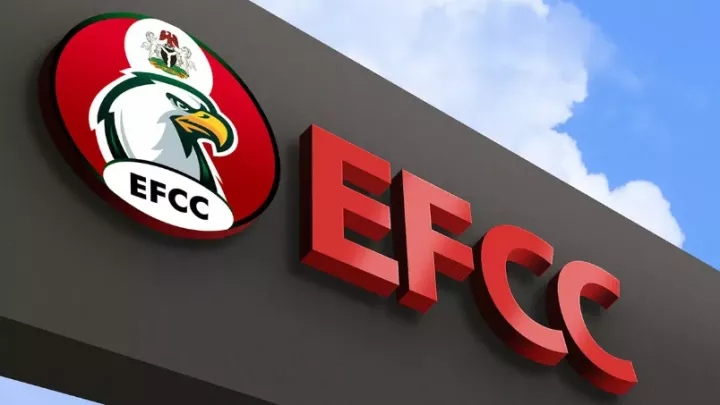
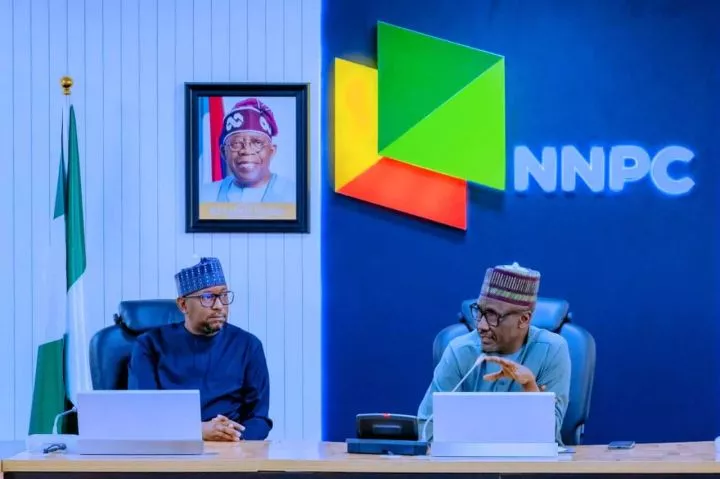
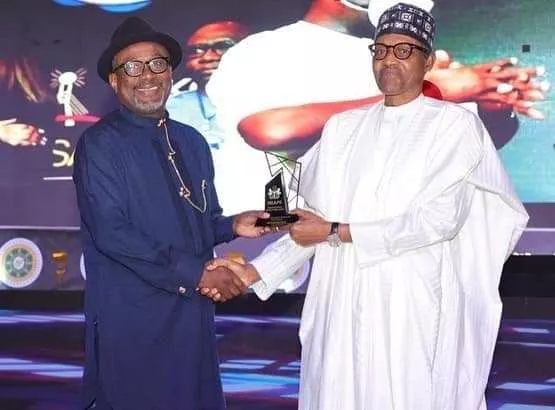
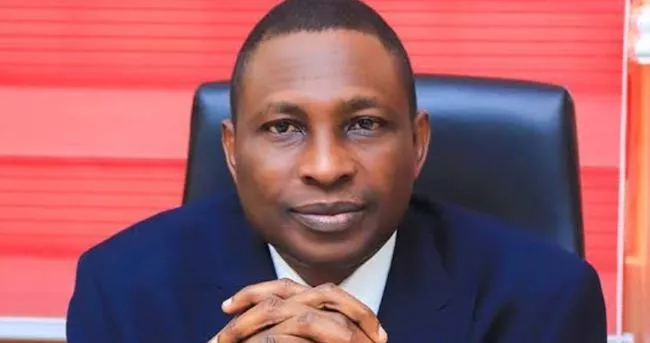



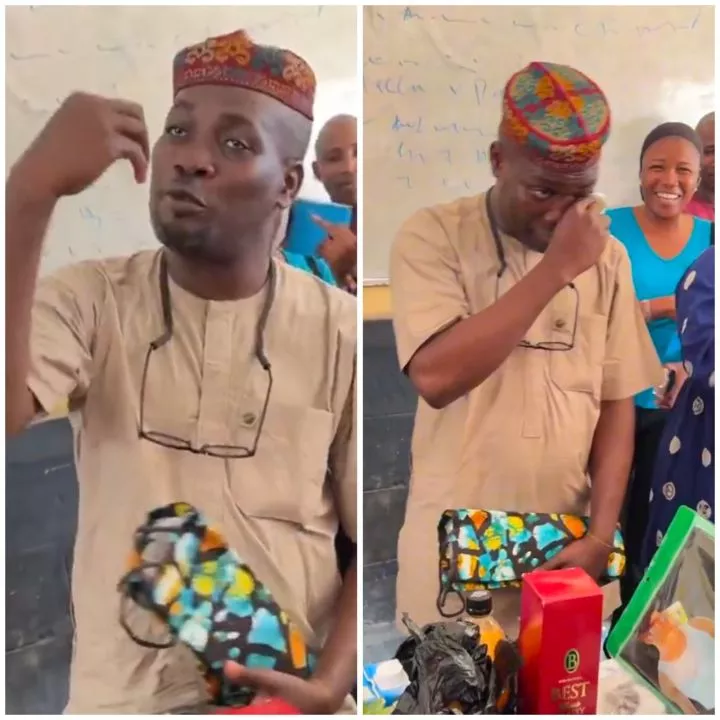
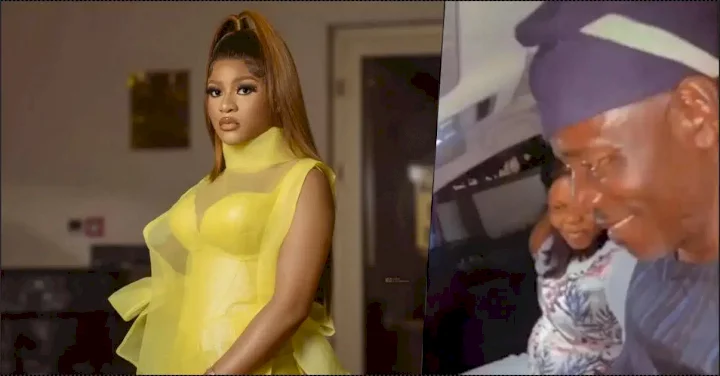
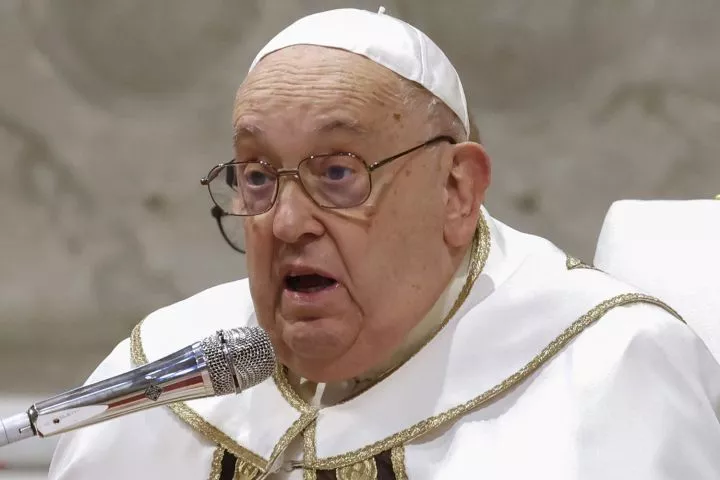
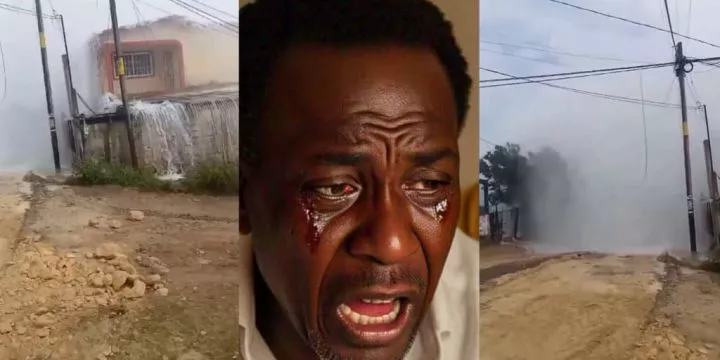
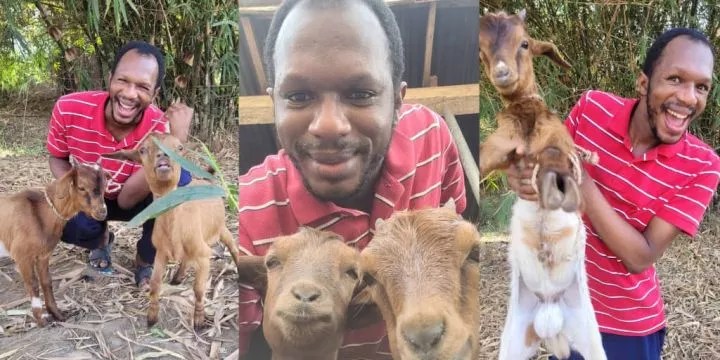




Comments